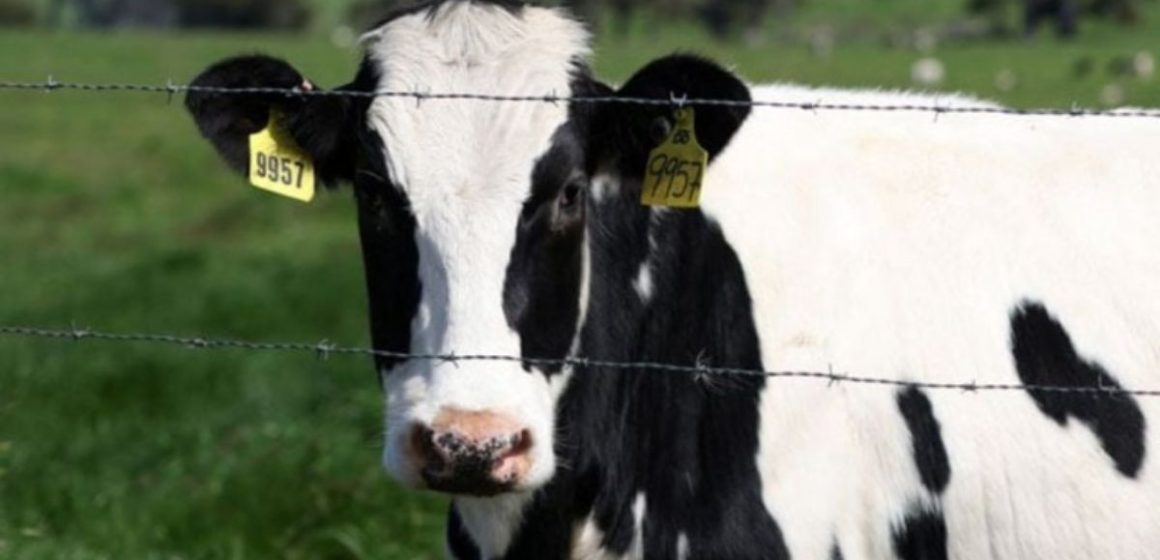In the outbreak connected to dairy cows, a fourth person has tested positive for bird flu, this time in Colorado.
The patient, a dairy worker at a farm whose cows had also tested positive for the virus, had ocular problems, but the Centers for Disease Control and Prevention reported on Wednesday that she had recovered after receiving the antiviral medication Tamiflu.
The sickness course of the patient is similar to that of two previous instances in this outbreak, which included dairy workers in Texas and Michigan.
Pink eye was the sole symptom that appeared in both cases. It was the case that a third patient in Michigan experienced upper respiratory symptoms such as congestion, coughing, and sore throat.
None of the patients were related to one another, and all of them have recovered.
“Based on the information available at this time, this infection does not change CDC’s current H5N1 bird flu human health risk assessment for the U.S. general public, which the agency considers to be low,” the agency stated on Wednesday.
The H5N1 form of the virus is not spreading widely among humans, according to the CDC, and there is no sign of an increase in flu-like diseases.
The CDC stated on Tuesday in a briefing with reporters that since the outbreak was initially discovered in March, more than 780 people who were exposed to ill cows have been tracked and 53 have had virus testing done.
In the upcoming weeks, 4.8 million doses of a vaccination against this specific strain of flu may become accessible, according to federal health experts. Additionally, Moderna is developing an mRNA vaccine for avian flu in its early phases.
Read Also: Frustrated Man Beat His Girlfriend’s Kid to Death After Breaking Both of His Legs
As of Wednesday, the Department of Agriculture reported that 139 herds in 12 states were impacted.
Anybody who comes into touch with dairy animals is advised by the CDC to use protective gear, such as sterilized boots, waterproof aprons, and safety glasses.
Moreover, raw milk that has not been pasteurized is highly discouraged by health regulators. It has been demonstrated that pasteurization neutralizes the virus in milk samples.



Leave a Reply